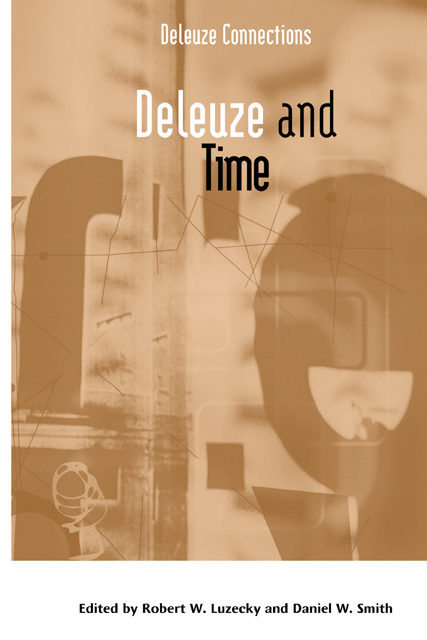10 - Time, Truth and the Power of the False
Published online by Cambridge University Press: 13 April 2023
Summary
In his parabolic masterpiece, Thus Spoke Zarathustra, Friedrich Nietzsche famously writes, ‘Of three metamorphoses of the spirit I tell you: how the spirit becomes a camel; and the camel, a lion; and the lion, finally, a child’ (1966: 25). Nietzsche traces a progression – of a people or of an individual – through the laborious and toilsome bearing of a culture’s ‘truths’ and values, to the sacred no-saying of leonine adolescence whereby those truths are cast off, and finally to a renewed power of innocence and forgetfulness – akin to the affirmation and openness of childhood – that enables genuine creation. The child knows no shame or inhibitions, longs for and believes in the impossible, and forms playful assemblages with anyone (human or non-human, real or imaginary) willing and able to do so. Each day she creates her world anew, while the man of the so-called ‘real world’ fritters his life away resentfully paying obeisance to his ideological and corporate masters. In a surprising proximity to Nietzsche’s philosophical nemesis, we might say that to enter the kingdom, one must become a child. Truth itself, Nietzsche also famously (some might say ‘infamously’) claims, is a ‘movable host of metaphors, metonymies, and anthropomorphisms … illusions which we have forgotten are illusions’ (1979: 84). Unlike most of the philosophical tradition before him, Nietzsche calls into question the very value of truth itself and of the drive that sets truth upon its pedestal in the clouds, sacrificing everything upon its altar: ‘The will to truth is in need of a critique’ (1998: 110). In its place, Nietzsche provocatively emphasises the process of truth-creation, which, he argues throughout the body of his work, is a kind of artistry.
Given the pride of place that Nietzsche occupies in the thinking of Gilles Deleuze, it is hardly surprising that when Deleuze approaches the question of truth, and in particular in relation to creation, as in his expansive, two-volume taxonomy of the cinema, his discussion is framed by Nietzsche’s critiques and reformulations of truth. In place of Nietzsche’s camel, lion and child, Deleuze recasts the chain of the ‘truthful man’, ‘the forger’ and ‘the artist’.
- Type
- Chapter
- Information
- Deleuze and Time , pp. 213 - 233Publisher: Edinburgh University PressFirst published in: 2023



